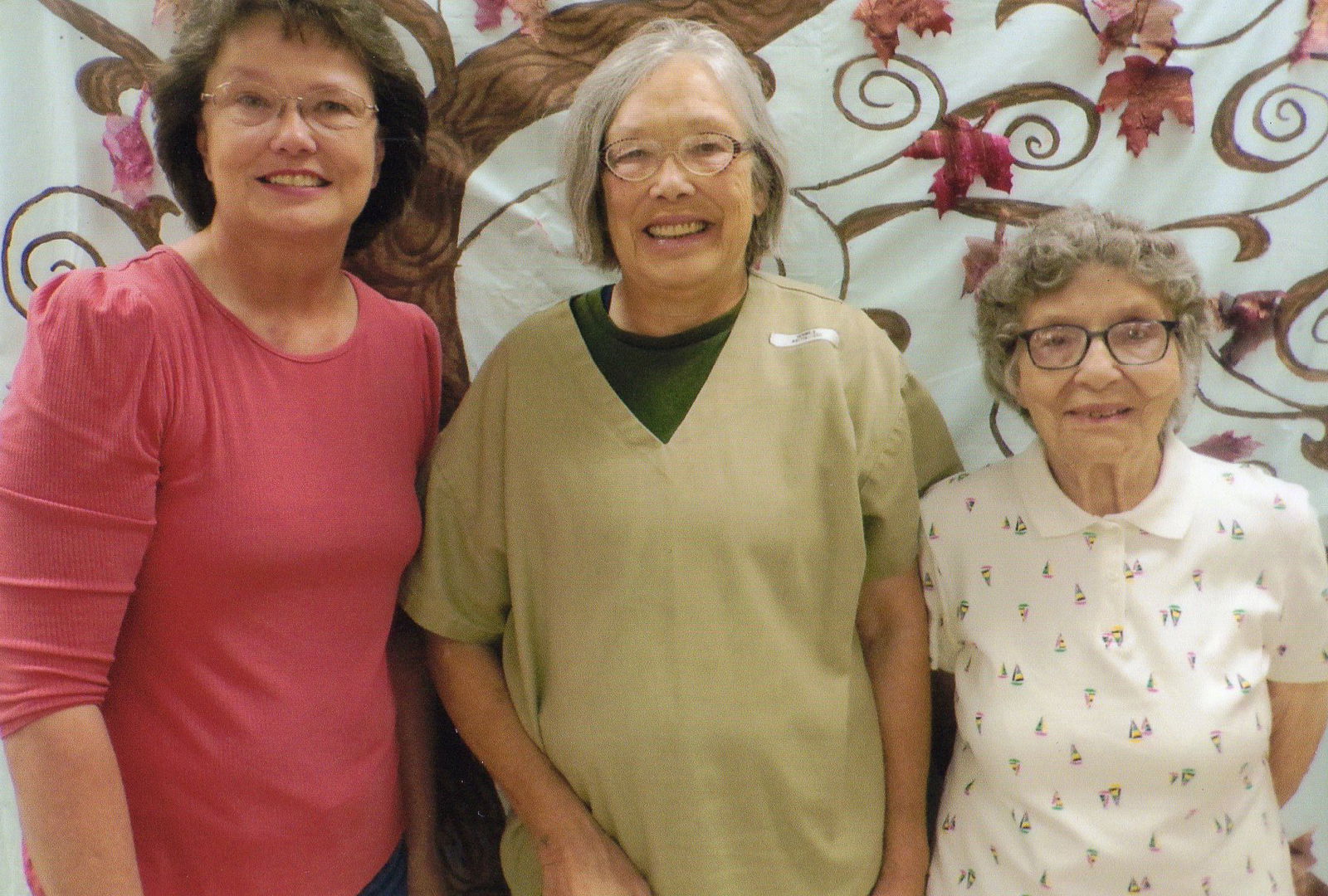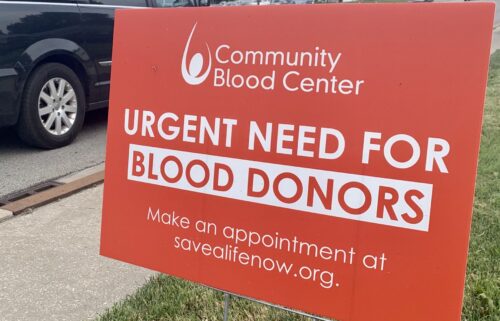Missouri woman could be free depending on prosecutor’s next steps

By Kyle Schmidt
A Missouri woman who has been in jail for more than 40 years for a St. Joseph murder could be free in less than a month, depending on the Buchanan County prosecuting attorney’s next steps.
Livingston County Presiding Judge Ryan Horsman overturned a ruling in the 1980 murder case that originally found Sandra Hemme guilty. The Innocence Project called Hemme the “longest-known wrongly incarcerated woman in the U.S.”
Buchanan County Prosecuting Attorney Michelle Davidson now has to decide whether or not to request a retrial. If not, Hemme will walk free. News-Press NOW reached out to Davidson but did not hear back in time for publication.
Missouri Attorney General Andrew Bailey said his office will ask the state appeals court to review Horsman’s decision to overturn the original ruling, which could lead to a pause in Hemme being released.
Hemme initially was convicted of murdering Patricia Jeschke in St. Joseph after making a confession. However, the Innocence Project and her attorneys have called for her release due to evidence of a “false confession” and evidence involving police officer Michael Holman.
The Innocence Project in a statement said, “The only evidence that ever connected Ms. Hemme to the crime was her own unreliable and false confessions.”
Court documents show Hemme has a history of mental illness starting from early childhood, spending the ages 12 through 19 in a psychiatric institute. Before being questioned on Nov. 28, 1980, she was “forcibly administered antipsychotic medications while involuntarily held at the hospital,” documents say. Dr. Judith Edersheim, a board-certified forensic psychiatrist testified during trial that the medication given “are by design, given to ‘reorder thinking.’”
She was also administered chloral hydrate, which the psychiatrist testified at the time “is not used anymore because its sedative properties are so powerful, it is unsafe.”
She was released from the hospital with no indication of receiving medicine, which was described by Edersheim as “highly unusual.”
Court documents say, “This court considers both the factual improbabilities of Ms. Hemme’s statements and Ms. Hemme’s mental and physical condition at the time she gave these statements in assessing their reliability.”
Final statements in the court document regarding lack of evidence for Hemme to commit this crime say, “No witnesses linked Ms. Hemme to the crime, to the victim, or the area in which the murder occurred. She had neither motive to harm Ms. Jeschke nor any connection to her. No items positively identified as belonging to Ms. Jeschke were ever found in Ms. Hemme’s possession. No forensic evidence collected by the State connected Ms. Hemme to the murder or the crime scene.”
Regarding Holman, court documents state: “He possessed the victim’s credit card and attempted to use it to purchase camera equipment the day that Ms. Jeschke’s body was discovered, and that hairs found at the crime scene displayed characteristics consistent with his own.”
The Innocence Project in a statement about Holman said, “Fellow police officer Michael Holman, who was found using the victim’s credit card the day after the murder, whose truck was seen parked near the victim’s home at the time she was killed; in whose closet the victim’s earrings were discovered.”



